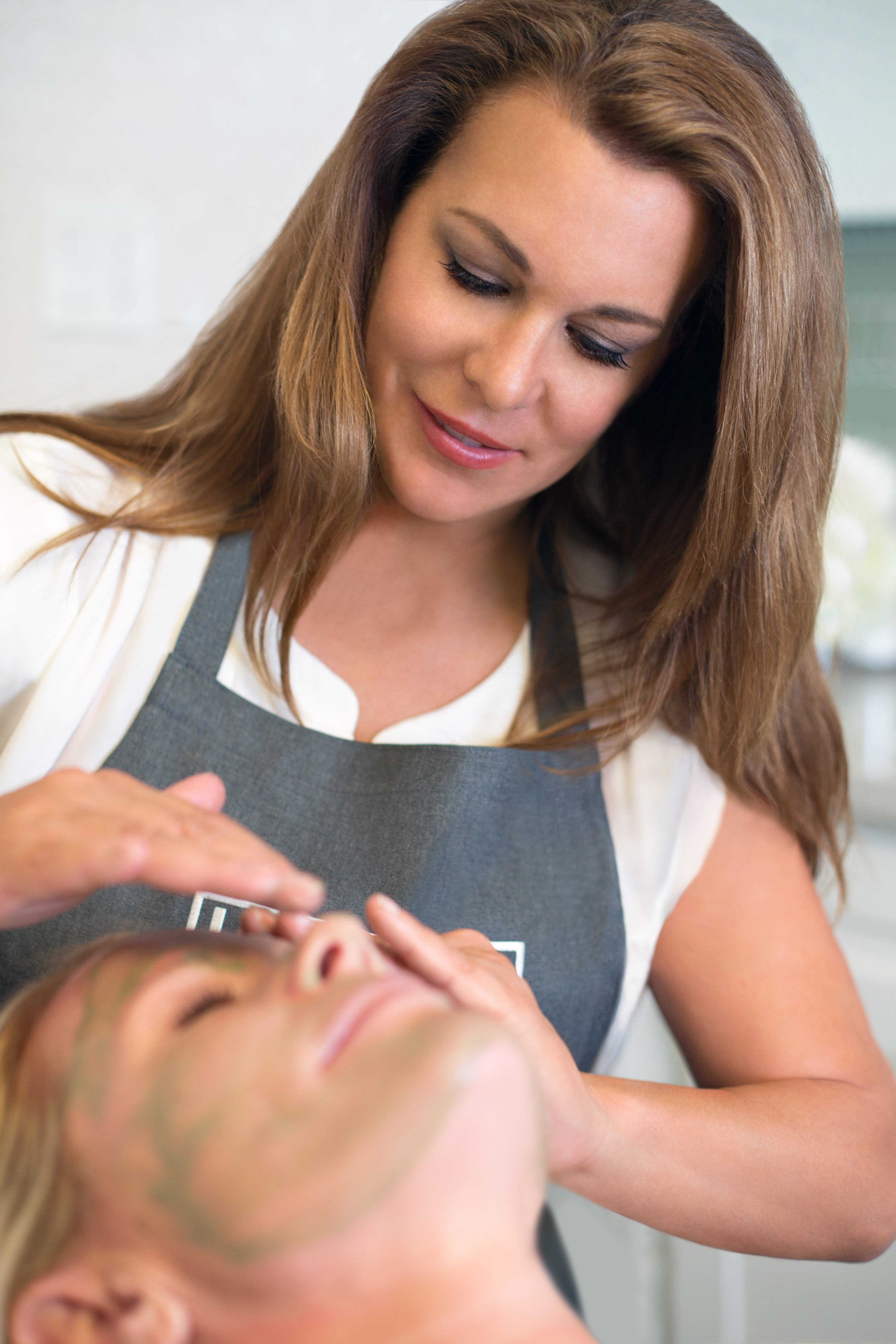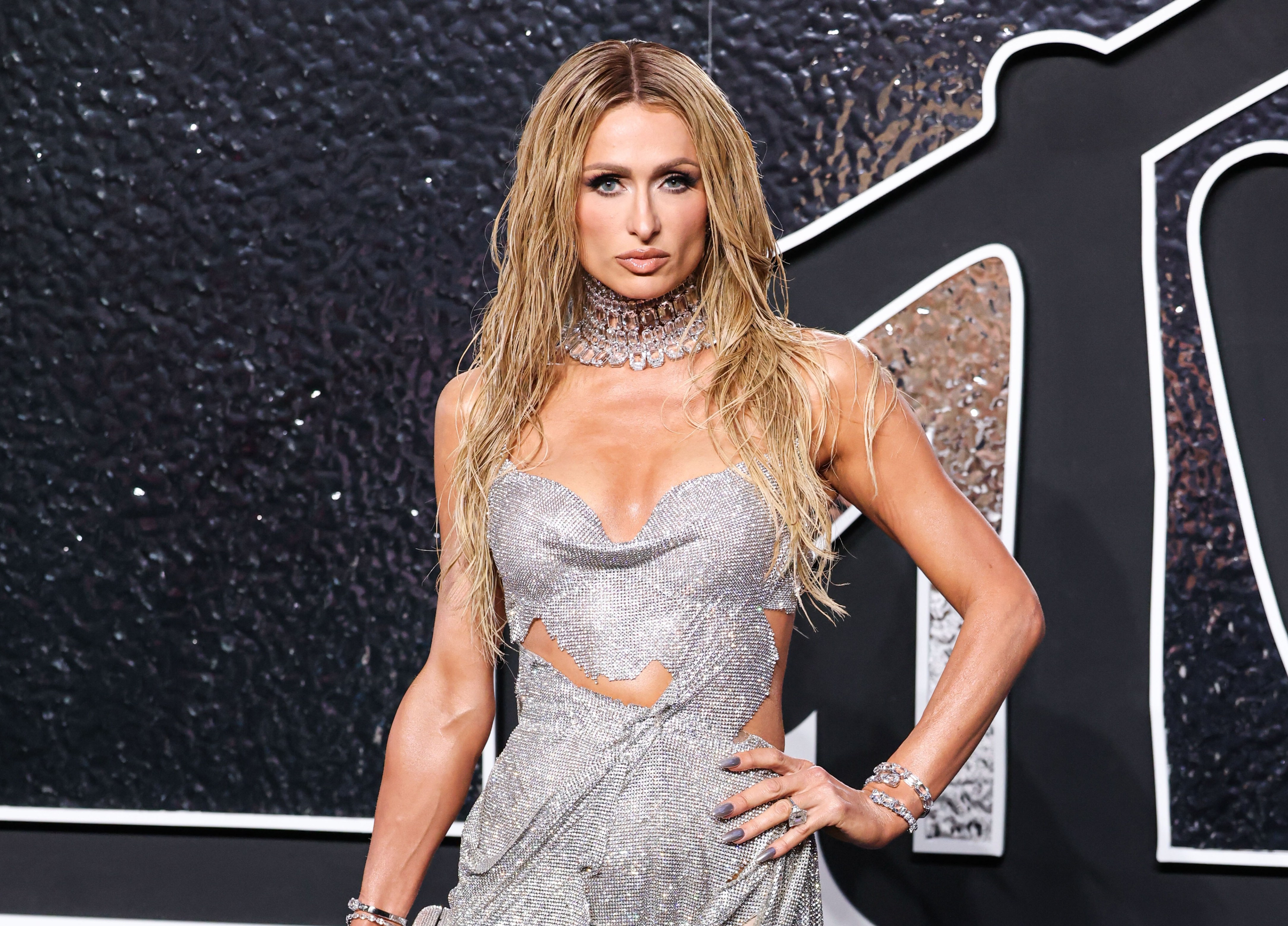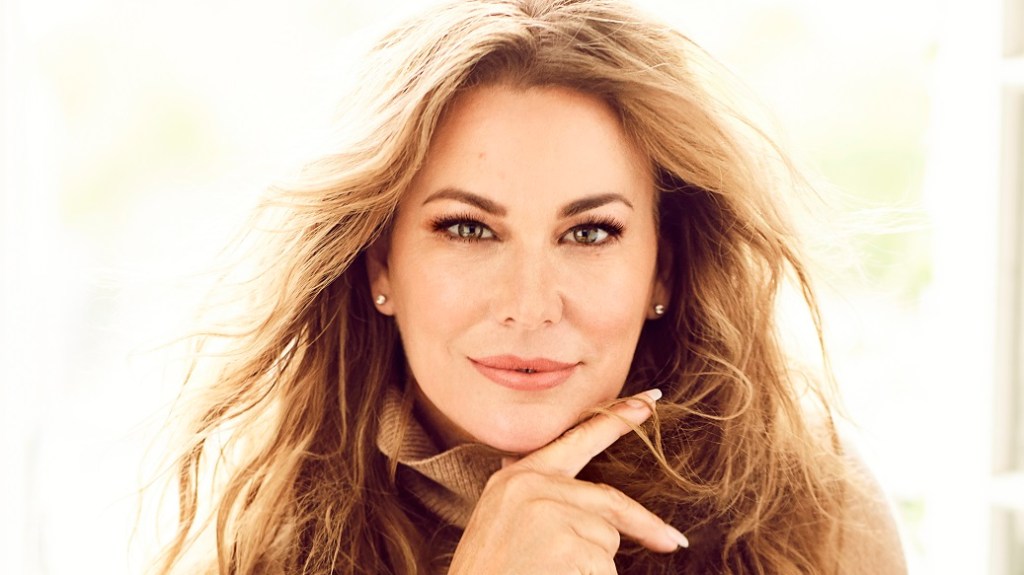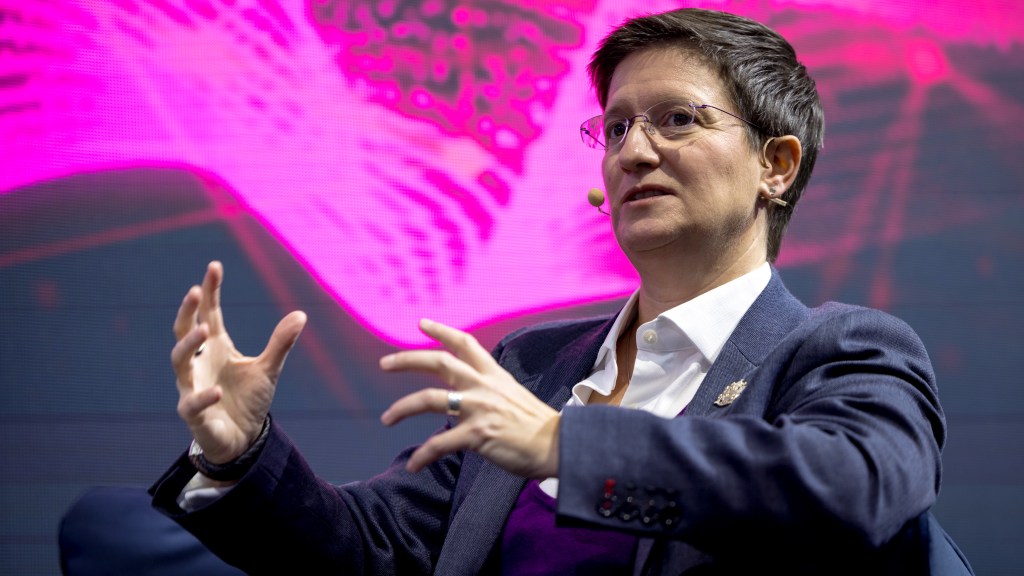Kate Somerville: The Skincare Innovator’s Journey from Ownership to Unilever
In 2004, Kate Somerville embarked on a journey to establish her own skincare brand. When she learned that her company was being sold by its private equity investors to Unilever in May 2015, her initial response was one of hesitation. However, after engaging with Alan Jope, then-Unilever’s soon-to-be chief executive, and Peter Gallagher, head of research and development for Unilever’s skincare sector, she felt reassured. ‘I sensed we shared similar values,’ Somerville remarked.
Despite this positive interaction, not everyone was convinced. Leonard Lauder, the well-known billionaire heir of the Estée Lauder empire, voiced his concerns, expressing fears that she might lose her identity within such a vast corporation. ‘He was apprehensive about Unilever,’ Somerville recounted. ‘He cautioned me, ‘I don’t know if you should do this. I fear you will get lost in a large company.’”
The acquisition, whose financial details remain undisclosed, included the Kate Somerville brand alongside REN, a premium skincare line, thus forming the foundation for Unilever’s Prestige brands division. This division now also encompasses popular cosmetics brands like Dermalogica, Tatcha, Hourglass, and Living Proof, with reported revenues of €1.4 billion last year.

Reflecting on her journey, Somerville appears generally positive about the collaboration, stating that it provided her with the chance to delegate day-to-day responsibilities while taking on an ambassadorial role and continuing her work in product innovation. She admits that before the sale, she felt ‘on the brink of burnout.’
When the COVID-19 pandemic struck, Somerville appreciated Unilever’s financial support, especially as her West Hollywood clinic faced a prolonged closure of 18 months. ‘They maintained our entire staff’s salaries. If it had been solely my responsibility, I would have had to shut down the clinic,’ shared Somerville.
However, the partnership was not without its challenges. Somerville mentioned Lauder’s wary words as a recurring concern. ‘We’ve seen five CEOs come and go in the past nine years. That level of turnover has been difficult because there hasn’t been much stability. The Prestige division has rapidly acquired a multitude of brands, and at times, I felt overshadowed compared to larger names like Dermalogica.’
Somerville did express her desire to assume the role of chief executive herself, revealing that she had ‘tried multiple times’ and even ‘begged’ Vasiliki Petrou, then head of Unilever Prestige, for the position after Reuben Carranza’s departure in 2022. ‘I kept saying, ‘Put me in, coach,’ but she didn’t feel comfortable with that idea,’ she recounted.
Somerville’s dedication to skincare began in her early years, as the strains of a tumultuous home life exacerbated her eczema condition. ‘As a volleyball player, sweating would cause discomfort and irritation,’ she recalled. Growing up on a farm, she discovered that adding goat’s milk to her bath could alleviate her skin issues—an age-old remedy that inspired her current line of goat’s milk-based products.

Leaving home at the age of 15, Somerville took on various jobs, eventually moving to Cambria, California, at 20. It was there that a dermatologist friend suggested she pursue a career in skincare. Following her training at esthetician school, she offered medical-grade facials, eventually opening her own clinic in Melrose Place, Los Angeles, in 2004.
Her clientele quickly grew to include numerous Hollywood stars, such as Jessica Alba, Demi Moore, and Meghan Markle, long before Markle’s marriage to Prince Harry. The impetus to launch her product line stemmed from an A-list client requesting her signature exfoliator for use on an overseas film shoot, leading to the creation of her best-selling product, ExfoliKate.
In 2005, after her products were included in Oscars gift bags, consumer interest surged dramatically, fueled by an expanding roster of celebrity endorsements. Paris Hilton, in particular, played a pivotal role in boosting Somerville’s brand after praising it in Japan, significantly raising global interest.
At this time, Somerville operated her business from home on a small scale, hand-filling bottles alongside her husband. When premium retailers like Saks and Nordstrom approached her brand, she sought help from industry veterans to navigate the complexities of retail partnerships.
To facilitate increased production, Somerville ultimately partnered with JH Partners, a San Francisco-based private equity firm that gained a controlling stake in her brand in 2007. She later acknowledged, ‘While some founders have positive experiences with private equity, I didn’t research enough and was naïve.’

Despite challenges in her partnership with JH Partners, the Kate Somerville brand continued to thrive, largely due to significant exposure on QVC, leading to an explosion in sales. ‘QVC was a financial lifeline. In a typical retail environment, you might sell 30 units a week; with QVC, we moved 80,000 units in a single day at times, even generating $5.8 million in a single day,’ she noted. The demands of balancing QVC appearances, running her clinic, developing new products, and parenting took a toll.
Eventually, Somerville and JH Partners decided to put the brand on the market, resulting in its acquisition by Unilever in 2015. Unlike most entrepreneurs who typically pursue earn-out agreements, Somerville’s continued involvement with Unilever stands out even after a decade. ‘This is rather unusual,’ she remarked regarding her long-term collaboration.
There are whispers that this arrangement may soon alter, as Sky News revealed in August that Unilever has allegedly listed the Kate Somerville and REN brands for sale. A spokesperson for Unilever labeled this as ‘market speculation.’
When asked what advice she has for entrepreneurs contemplating selling their ventures to private equity firms or trade buyers, Somerville emphasized, ‘Be clear about your objectives. Ensure you receive sufficient up-front payment to safeguard your future if they decide to part ways. You should also be spiritually prepared to transition into a different role. Entrepreneurs often struggle with relinquishing control, and while some changes may prove beneficial, others may not. It’s a journey requiring adaptability.’




Post Comment